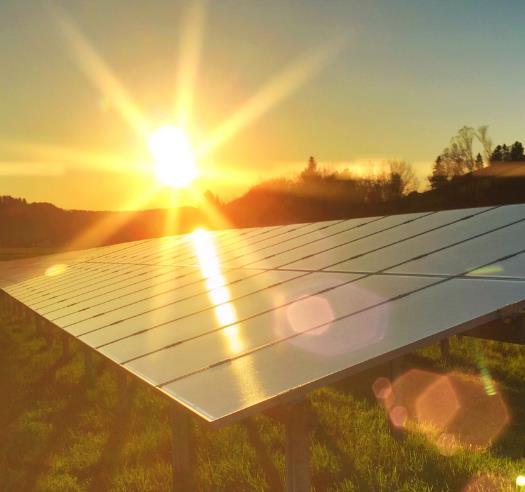How Many Solar Panels Needed to Operate a Refrigerator?
In the green energy revolution, harnessing the power of the sun to run our appliances is a key strategy for sustainable living. A frequently asked question is, "How many solar panels are needed to operate a refrigerator?" Let’s dissect this query with solid data and a clear understanding of the energy dynamics involved.

Deciphering Refrigerator Energy Usage
The energy consumption of refrigerators varies widely based on size, model, and efficiency. A typical household refrigerator can consume anywhere from 1 to 2 kWh per day. Energy Star-rated models tend to be on the lower end of this spectrum, thanks to their enhanced efficiency.
Solar Panel Output Explained
Solar panels are rated by their maximum output in watts (W), with common residential panels ranging from 100W to 400W. The actual energy a panel produces in a day depends on several factors, including the number of sunlight hours it receives. For calculation purposes, let's consider an average of 5 peak sunlight hours per day.
Calculating the Number of Panels
Assuming you have a refrigerator that consumes 1.5 kWh per day and a solar panel rated at 300W, the panel's daily output would be approximately 1.5 kWh (300W * 5 hours). This calculation suggests that, technically, a single 300W panel could suffice for the fridge's daily energy needs under ideal conditions.
Considering Real-World Variables
However, real-world factors like panel orientation, weather conditions, and the potential for shade mean that solar panel efficiency can vary. To cushion against these variables, it's prudent to have additional capacity. Moreover, refrigerators need continuous power, including during the night and on cloudy days, which necessitates battery storage.
Storage and Efficiency Considerations
A solar power setup for a refrigerator also requires batteries to store the energy for use when the sun isn't shining. The efficiency of batteries and the inverter (which converts solar power to the type of electricity your appliances can use) can further impact how much solar capacity is necessary. Taking these factors into account, aiming for a surplus is wise to ensure reliability.
How many solar panels to run a refrigerator?
Given these considerations, operating a refrigerator reliably might best be served by two 300W solar panels. This setup accounts for daily consumption, inefficiencies, and provides a buffer for less-than-ideal conditions.
Incorporating solar energy into our daily lives offers a pathway to reduce our carbon footprint and energy bills. While the upfront cost may be significant, the long-term benefits of solar power, both environmentally and economically, are compelling. Tailoring your solar installation to your specific needs, considering local weather patterns, and ensuring you have efficient appliances are critical steps in making the most out of your investment in solar energy.